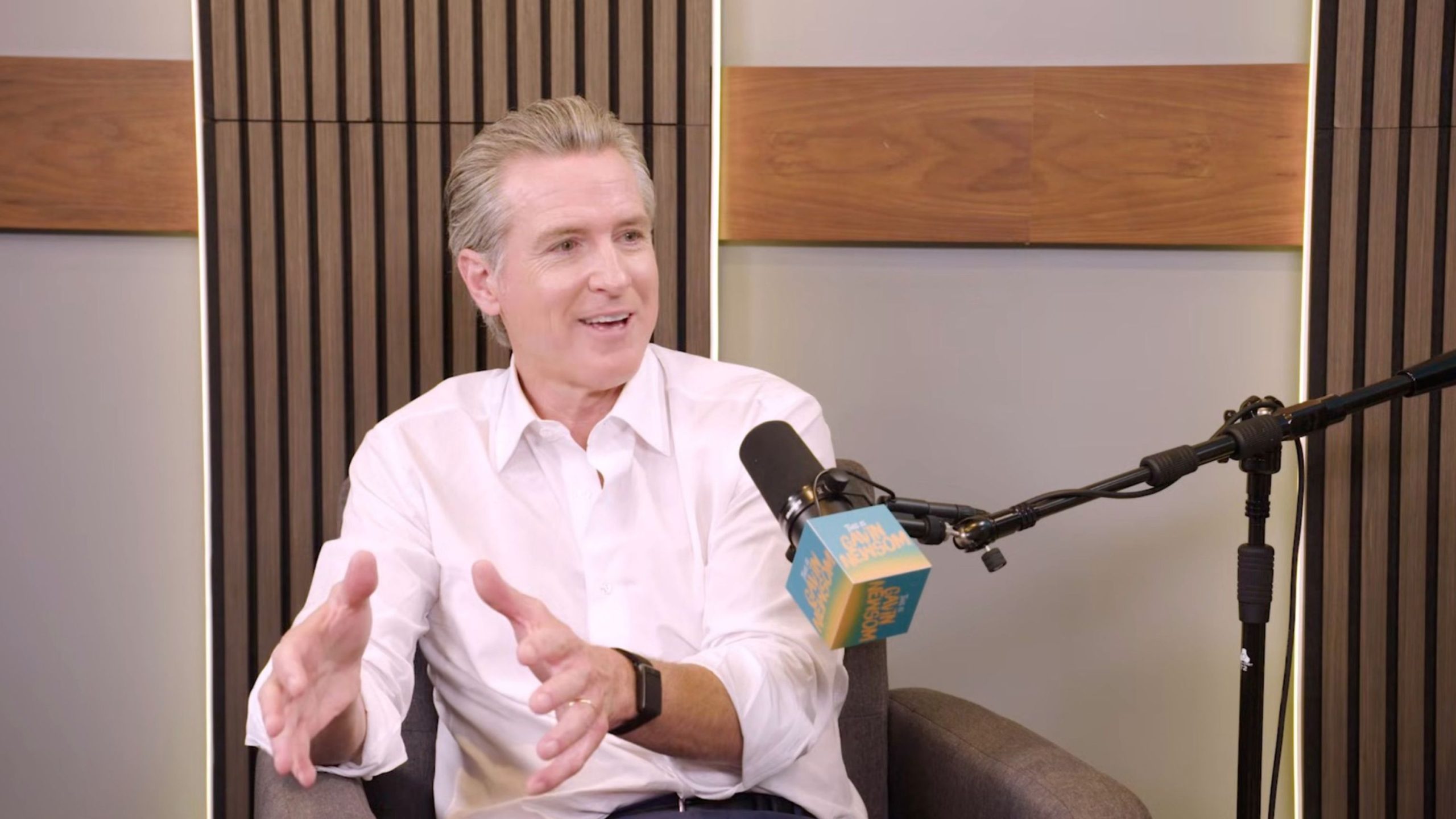
reclaimthenet.org
Court Keeps California’s Online ID Law Dream Alive
If you're tired of censorship and dystopian threats against civil liberties, subscribe to Reclaim The Net.
The Ninth Circuit Court of Appeals has declined to rehear NetChoice v. Bonta, leaving intact its earlier decision that upheld most of California’s new social media law, Senate Bill 976, also known as the Protecting Our Kids from Social Media Addiction Act.
NetChoice, the tech trade group behind the challenge, said it “will explore all available options to protect free speech and privacy online” after the denial of its petition for rehearing on November 6, 2025.
Governor Gavin Newsom signed SB 976 into law in September 2024.
The legislation compels social media platforms to implement “age assurance” measures to identify whether users are adults or minors.
This would likely mean platforms have to introduce some form of digital ID check to allow people to view or post.
Those requirements are not yet active, as California’s Attorney General has until January 1, 2027, to finalize the specific rules.
Attorney General Rob Bonta began the initial rulemaking process in October 2025.
NetChoice first sued in November 2024, arguing that SB 976 forces Californians to hand over personal documents just to engage in lawful online speech, a demand the group says violates the First Amendment.
On September 9, 2025, a three-judge Ninth Circuit panel mostly upheld the law, finding that it was too soon to determine whether the age assurance mandate would restrict free expression before the details of that process are set.
As a result, the Attorney General can continue developing the state’s age assurance framework, while NetChoice or other organizations may bring a new legal challenge once the regulations are issued.
In its prior decision, the Ninth Circuit also removed one element of the law requiring children’s accounts to automatically hide likes and comments. Writing for the court, Judge Ryan Nelson concluded that the rule “is not the least restrictive way to advance California’s interest in protecting minors’ mental health.”
The rest of SB 976, including its age verification and content feed restrictions, remains largely intact.
The panel emphasized that without finalized regulations, it cannot yet decide whether these requirements would suppress lawful speech or create privacy risks.
NetChoice has continued to warn that the statute grants the state too much power over how people access and share information online. “NetChoice is largely disappointed in the Ninth Circuit’s ruling, and we will consider all available avenues to defend the First Amendment,” said Paul Taske, Co-Director of the NetChoice Litigation Center.
He added, “California’s law usurps the role of parents and gives the government more power over how legal speech is shared online. By mandating mass collection of sensitive data from adults and minors, it will undermine the security and privacy of families, putting them at risk of cybercrime such as identity theft.”
The group argues that the law effectively turns digital platforms into data collection systems for the state, compelling verification of user identities and eroding the privacy protections that individuals rely on to communicate freely.
For now, California’s rulemaking continues, with the state set to define exactly how “age assurance” will work and with privacy and free expression advocates closely watching what happens next.
If you're tired of censorship and dystopian threats against civil liberties, subscribe to Reclaim The Net.
The post Court Keeps California’s Online ID Law Dream Alive appeared first on Reclaim The Net.










